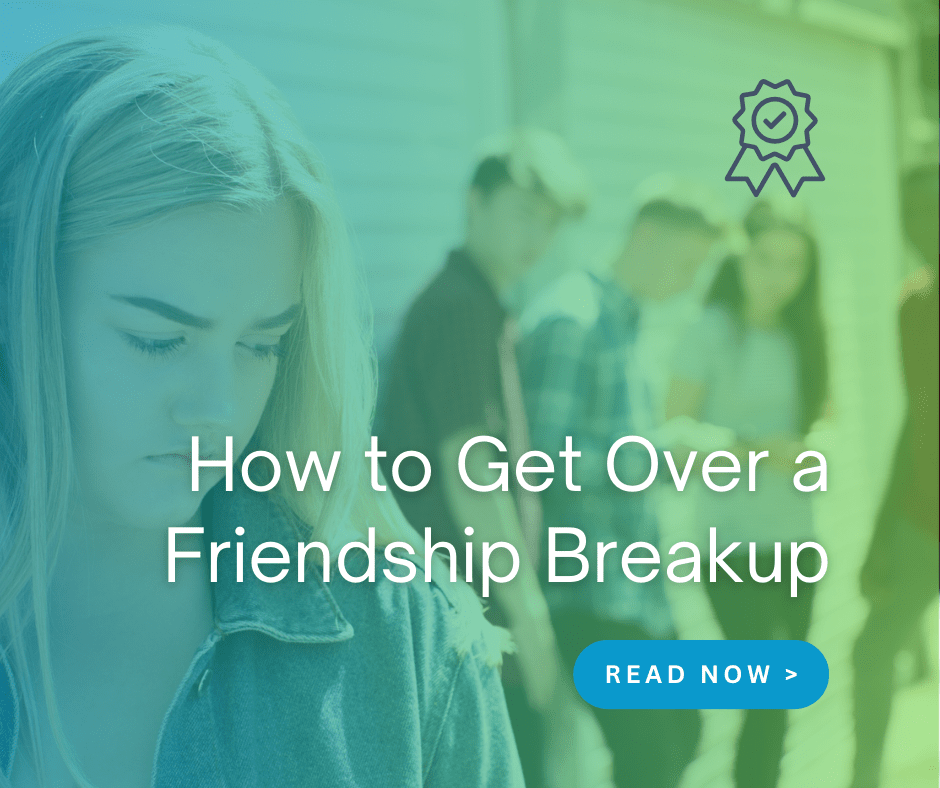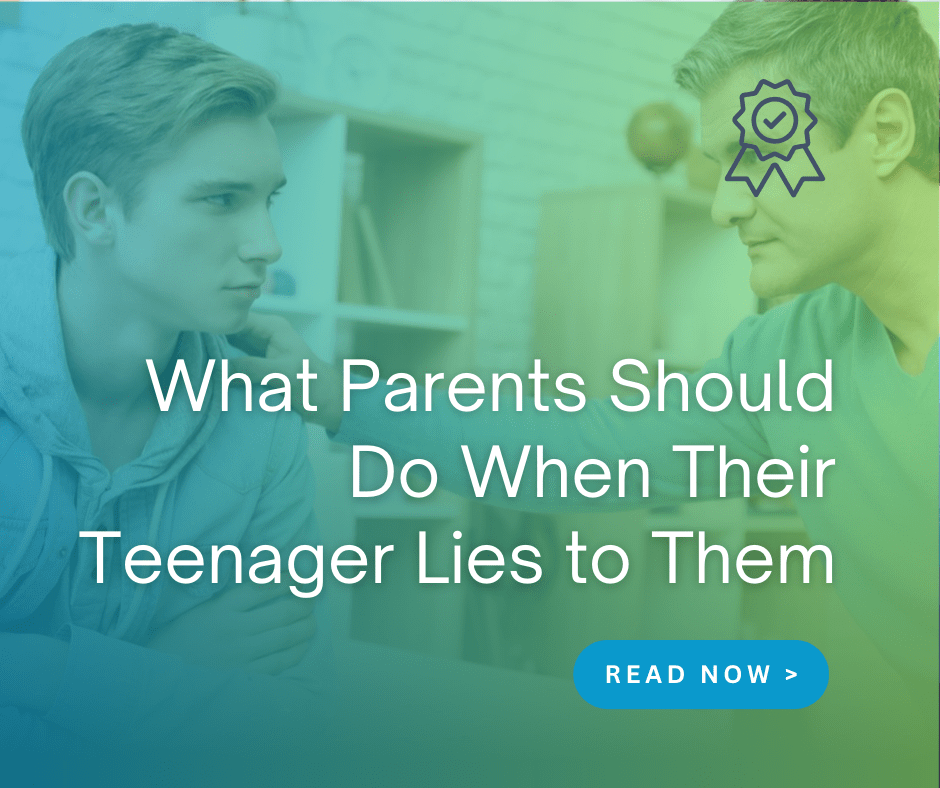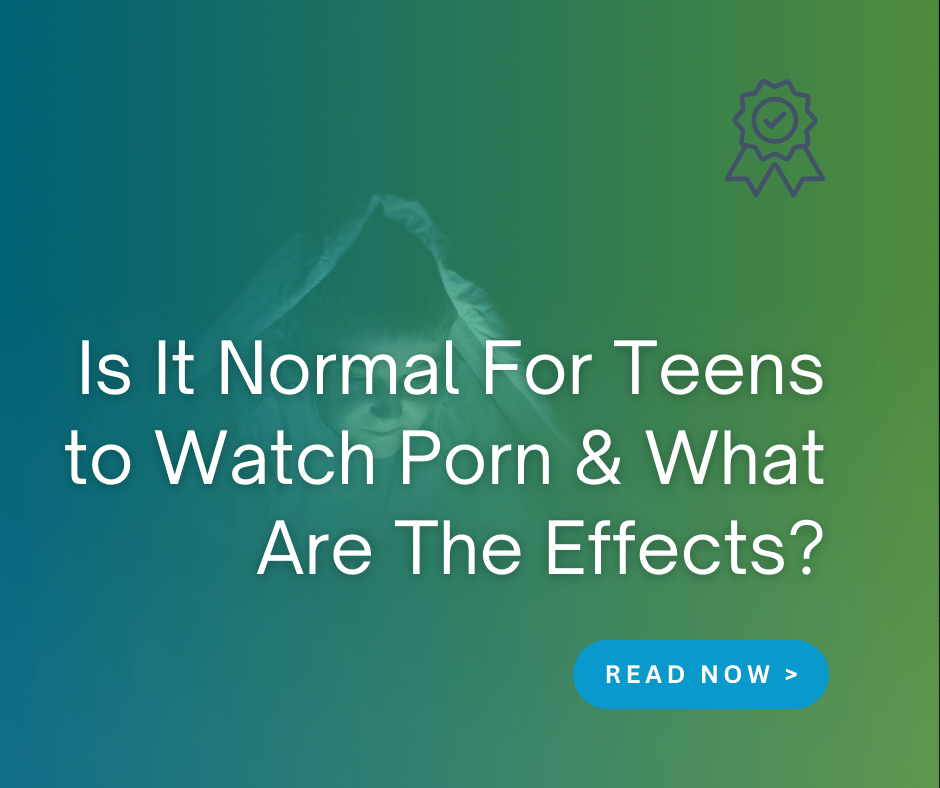Teens, we get it.
Social media is an essential part of your life. Especially during this pandemic, when a virtual connection is the only way you can stay in touch with friends.
“Okay,” you’re thinking, “Where’s the ‘but’?”
We’re not here to argue against unlimited screen time – your parents have that covered.
We’re also not here to warn you about talking to strangers online, which we’ve already discussed.
And no, we’re not here to talk about the dangers of certain social media platforms.
We are here, though, to share an important PSA about online activity:
On social media, there is no such thing as erasing something permanently.
Everything is Permanent on Social Media
“What do you mean?” you’re thinking now. “Of course you can delete things you post online!”
Yes, technically your keyboard has a delete button. And technically you can post something, delete it a second later, and people may not see it. But for that one second, it was there. Which means that for one second, everyone had access to it.
And let’s say the post was up for more than a second? Deleting posts does not scrub their existence from the internet. Anyone who sees your posts can screenshot them – and repost them on a new account you have no control over. Also, certain websites exist that automatically save and archive public social media posts online. Which means that even if you erased something a month or year ago, that content might still be accessible via something as simple as a Google search.
And of course, you can never erase someone else’s memory.
Think About the Future
Right now, you may not care about what you post on social media. Your followers are all your friends, anyway. But you may care years down the road. Think about what might happen when you apply to college or to a competitive job.
Yes, that photo of you holding a martini glass and laughing with a friend may have been your most-liked post of the year. You love that photo of you dancing at a rave. And in your opinion, that photo of you casually holding a cigarette or Juul – or blowing a smoke ring – made you look super cool.
But realize that everything you post – every picture, every caption, every 180-character message on Twitter – can have consequences.
If a controversial post, even from years ago, offends a future college or grad school admissions officer, or an employer, they may hesitate to accept or hire you.
Not to mention how much you might cringe when you go back and scroll through old posts Teens can experience a lot of distress by old social media posts. Years later, something they wrote while they were in a different headspace can bring them lots of shame and embarrassment.
As a rule, if you don’t want your grandma to see your post, reconsider whether you should share it in the first place.
Consequences of Social Media Posts
Of course, certain types of posts can have more consequences than others. An oversexualized post might violate federal and state child pornography laws. Convicted teens may even have to register as sex offenders and/or go to jail. In fact, in 2019 a high school teen in Maryland was charged with child pornography for sharing an inappropriate video of herself with two friends.
The issue of racist content is another area of concern. In one case that received considerable media attention last year, Harvard rescinded the admission of a new student for inflammatory text messages and comments he made on a shared Google document two years earlier.
In a nutshell, you shouldn’t be posting content that is, or that could be construed as:
- Racist
- Oversexualized
- Inciting violence
- Glorifying drug or alcohol use
- Promoting suicide or self-harming behaviors
- Promoting otherwise dangerous or risky activities
This message is especially timely now, during the wave of protests gripping the nation. Whether you join the protests or not, be careful of what you share online. Posting graphic, violent, racist, or otherwise controversial videos and images can land you in hot water. Communication perceived as graphic, violent, racist, or otherwise controversial can come back to harm you down the road. Ensure your posts neither condone nor depict participation in violent, criminal, or otherwise illegal behavior.
And remember.
Anything you post, anytime – over the internet, to your friends – can come back to haunt you later on.












